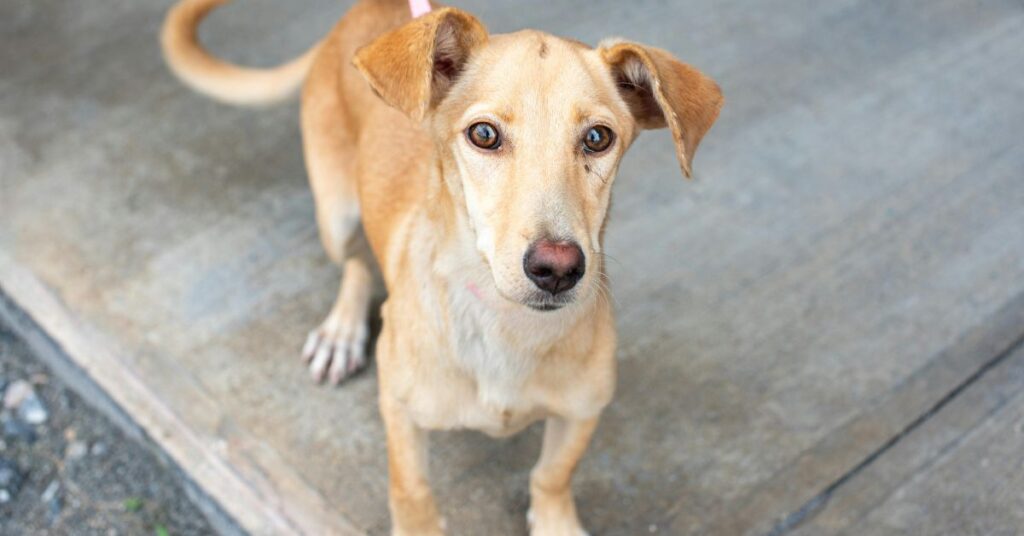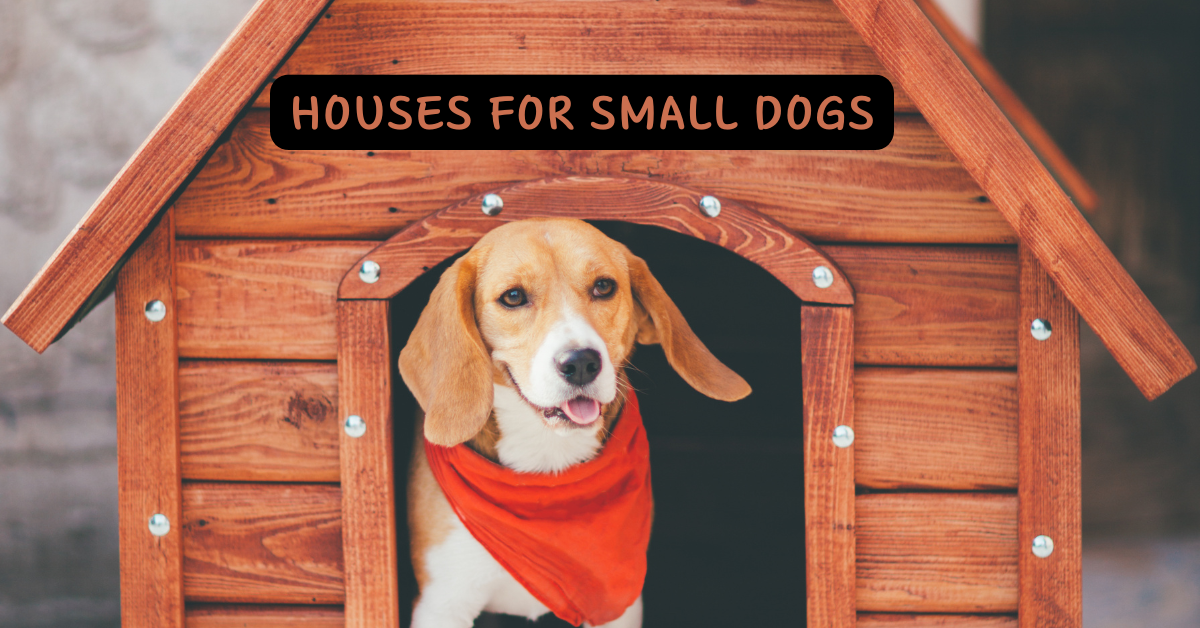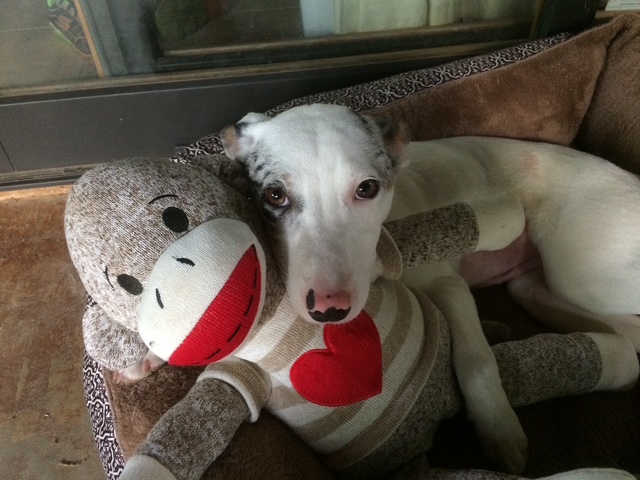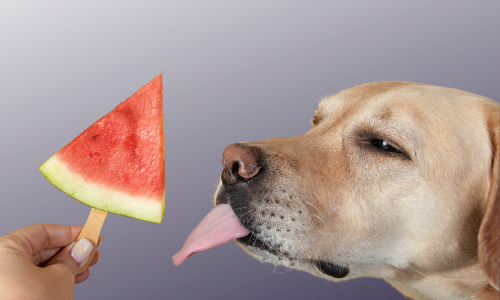Mixed Breed, often lovingly referred to as a “Heinz 57” or “Mutt,” is a unique and diverse type of dog made up of multiple breeds. These dogs can come in all shapes, sizes, and temperaments, making each one a truly one-of-a-kind companion. Mixed breeds are often valued for their individuality, resilience, and loving nature.
*Disclaimer: This Post May Contain Affiliate Links. This Means That I Receive A Small Commission At No Extra Cost To You Should You Click Through And Make A Purchase. Learn More On My Policy Page
Breed Characteristics
- Breed Category: Mixed Breed
- Size: Varies (small to large)
- Coat Length: Varies (short, medium, or long)
- Shedding: Varies depending on coat type
- Hypoallergenic: Varies
- Grooming Requirements: Low to high depending on coat type
- Life Span: Typically longer (12-18 years)
- Activity Level: Varies (low to high)
- Temperament/Personality: Highly variable, generally friendly and adaptable
- Intelligence: Varies by mix; generally smart
- Trainability: Varies; often eager to please with consistent training
- Space Requirement: Varies; adaptable to different living environments
- Compatibility with Children & Other Pets: Often good with early socialization
- Health Issues: Generally healthier due to diverse genetics, but may inherit breed-specific conditions
- Nutrition Needs: Balanced diet tailored to size and activity level
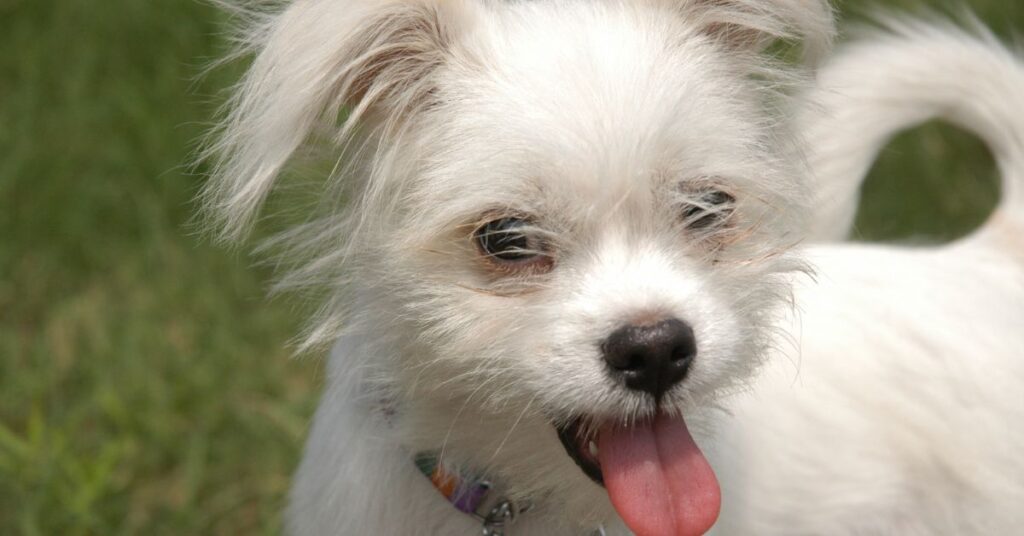
Origin and History
The history of mixed breeds goes back as far as dogs have been domesticated. Unlike purebred dogs, mixed breeds have no specific origin or purpose but are the result of natural breeding between various dog types. Over time, mixed breeds have become one of the most common types of dogs in homes worldwide. They are often seen in shelters and are frequently adopted by families looking for a loyal and loving companion.
Appearance and Physical Characteristics
Mixed breed dogs vary widely in appearance, depending on the breeds in their genetic makeup. They can range in size from tiny to large, with coats that can be short, long, curly, or straight. Their colors, markings, and overall look are unpredictable, making each mixed breed unique. Mixed breed dogs can have floppy ears, upright ears, bushy tails, or docked tails, depending on their ancestry.
Temperament and Personality
The temperament of a mixed breed dog can vary significantly depending on the breeds they come from, but many mixed breeds are known for their friendly and adaptable nature. They often inherit a combination of traits from their parent breeds, resulting in well-rounded personalities. Mixed breeds can be energetic and playful or calm and relaxed, depending on their makeup and environment. Regardless, they tend to form strong bonds with their families and can be great with children and other pets, especially with proper socialization.
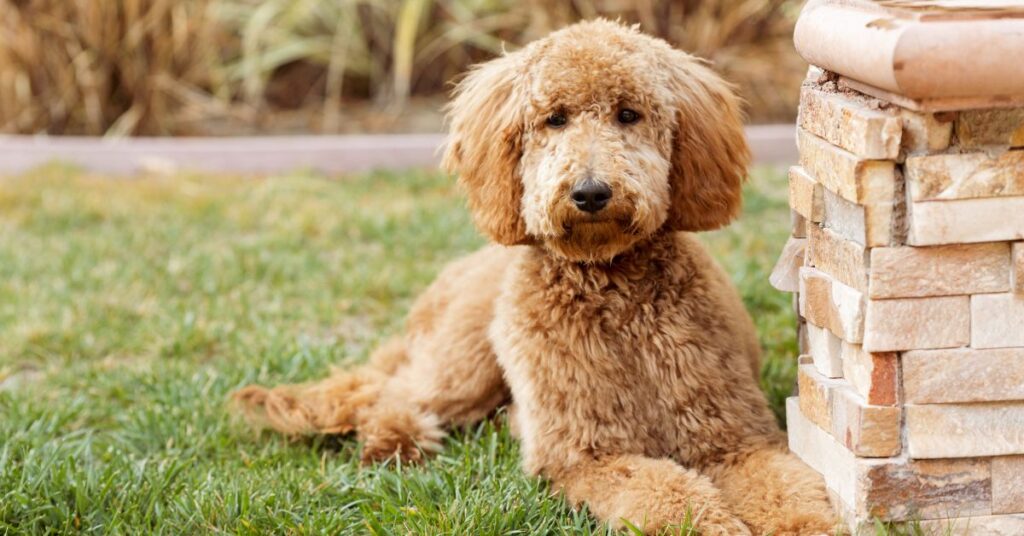
Intelligence and Trainability
Mixed breed dogs are often quite intelligent, especially when they inherit traits from working or herding breeds. Their trainability depends on their individual personalities, but many mixed breeds are eager to please and respond well to positive reinforcement training. Consistency and patience are key to training mixed breed dogs, as they may have varying levels of independence and attentiveness based on their background.
Compatibility with Children and Other Pets
Mixed breeds are often excellent family pets, known for their versatility and ability to adapt to different households. They tend to do well with children, especially if they have been socialized from a young age. Similarly, many mixed breeds can get along with other pets, though their compatibility may depend on their specific temperament and past experiences. Early socialization and exposure to different environments are crucial to ensuring a well-balanced pet.
Health and Nutrition
One of the benefits of mixed breeds is their genetic diversity, which often leads to fewer inherited health problems compared to purebred dogs. However, they can still inherit certain breed-specific conditions. Regular veterinary check-ups, a balanced diet, and maintaining a healthy weight are essential to keeping them in good health. Mixed breed dogs require a diet tailored to their size, activity level, and any specific health needs they may have.
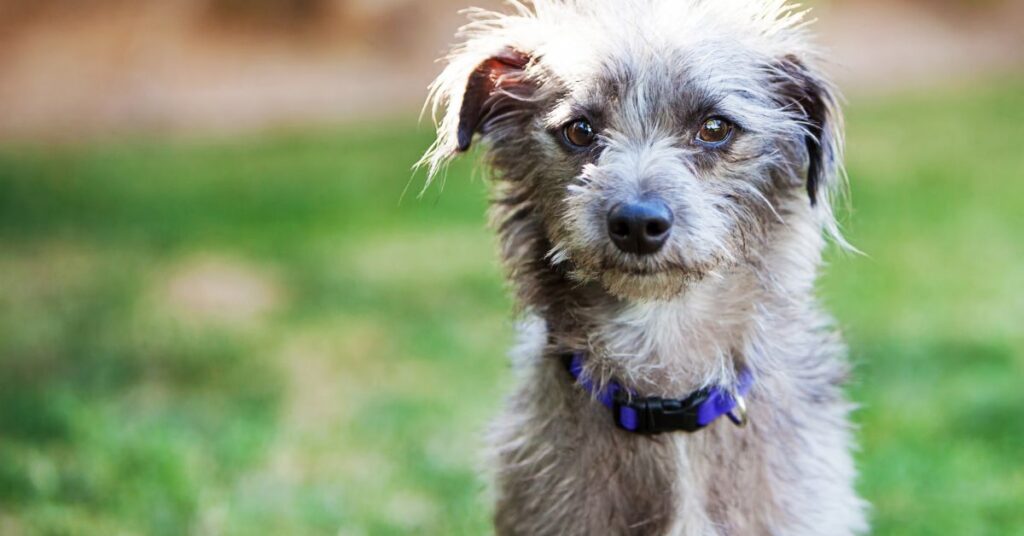
Exercise and Activity Level
The exercise needs of mixed breed dogs vary greatly depending on their size and energy level. Some mixed breeds may be more sedentary, while others may have high energy levels and require regular exercise and mental stimulation. Providing daily walks, playtime, and opportunities to engage in interactive activities helps keep them healthy and happy. Understanding the activity requirements of your particular mixed breed is important for meeting their needs.
Grooming Needs
Grooming requirements for mixed breed dogs depend on their coat type. Dogs with short coats may need only occasional brushing, while those with long or curly coats may require regular grooming to prevent matting and tangling. Routine grooming tasks such as ear cleaning, dental care, and nail trimming should be part of their care routine, regardless of coat type.
Training and Socialization
Training and socialization are key to ensuring that mixed breed dogs develop into well-behaved and confident pets. Due to the varying traits they may inherit, early training helps establish good manners and reinforces positive behaviors. Positive reinforcement methods work best, as they encourage the dog to learn through rewards rather than punishment. Socializing your mixed breed with different people, animals, and environments helps them become adaptable and well-rounded.

Famous Mixed Breeds
Mixed breed dogs have found their way into the hearts of many, including celebrities and dog lovers worldwide. Many rescue dogs in shelters are mixed breeds, and their stories of being adopted and finding forever homes are often celebrated. Some famous mixed breed dogs have even appeared in movies and TV shows, showcasing their unique charm and appeal.
Conclusion
Mixed breed dogs are a wonderful choice for those looking for a unique, loving, and adaptable companion. With proper care, training, and attention to their individual needs, a mixed breed dog can bring joy and loyalty to any household.


